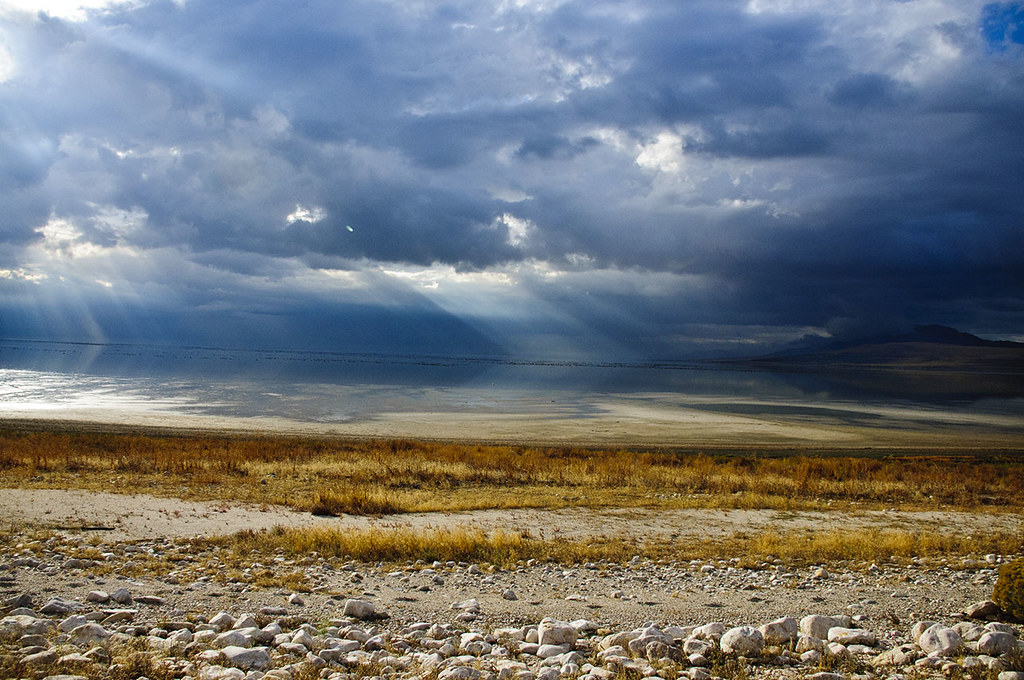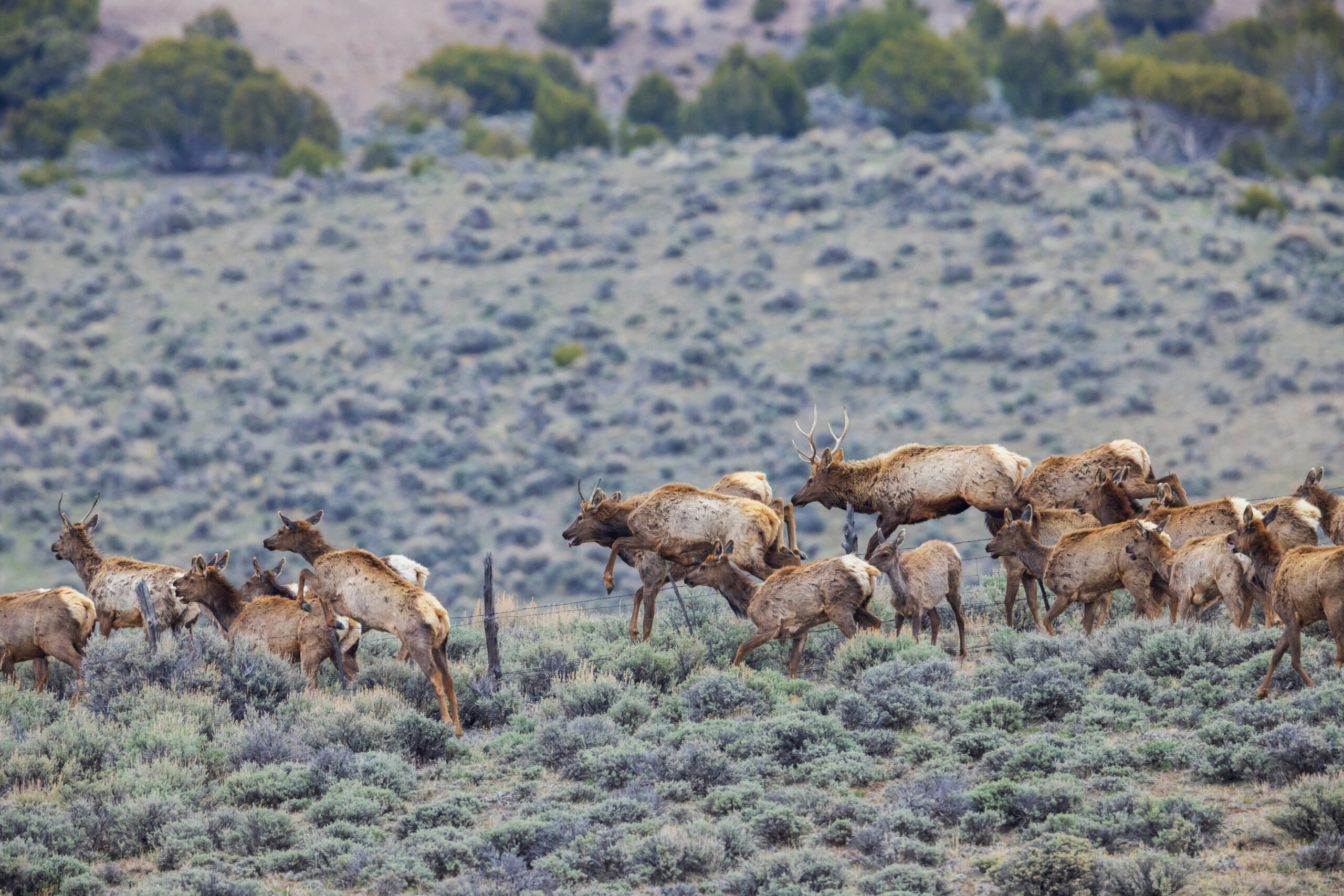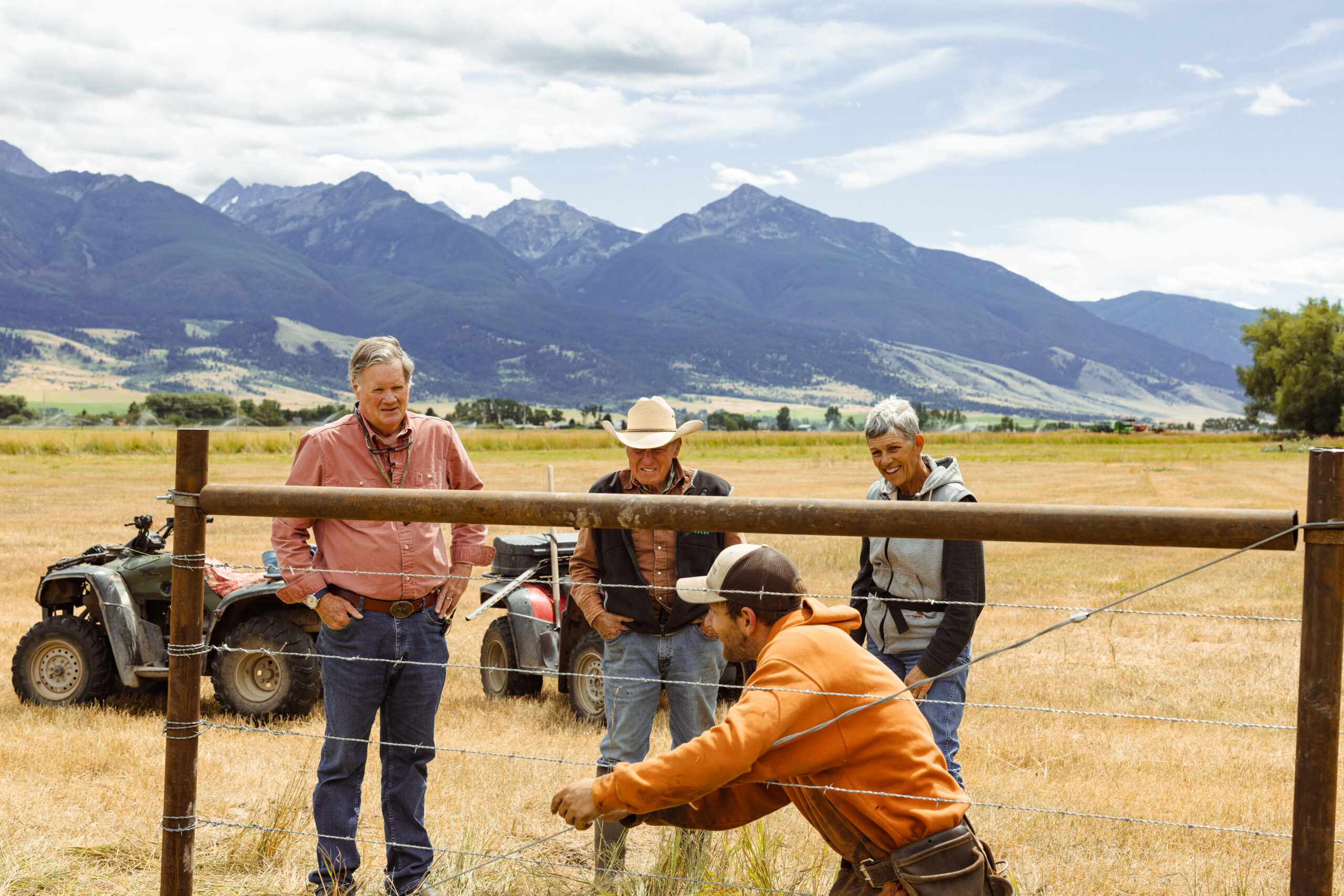This article was originally published in Deseret News.
At a time when the Great Salt Lake needs it most, Utah legislators are working to let more water reach the lake. Lake levels are at record lows, exposing more than half of the lakebed. The drying lakebed not only harms wildlife habitat and spreads air pollution, it also jeopardizes the $1.58 billion the lake contributes to Utah’s economy.
The goal now is to find ways to ensure water stays in-stream, maintaining healthy ecosystems as rivers and other waterways flow to the Great Salt Lake. Water rights holders, however, currently have no reason to leave their water in-stream because they can lose their water rights for doing so—a backward and punitive incentive structure that punishes people for curbing their water use.
State legislators are rightfully pursuing solutions that allow water to be left in-stream, a change that would remove those punishments and could lead to economic rewards thanks to water markets.
Much of the current controversy surrounding water conservation is that water rights are based on consumption. As the West was settled, farmers, ranchers and miners withdrew water from streams for their operations. The first person to use or divert water for a “beneficial use” acquired rights to that quantity of water. People who settled later could claim a portion of the remaining water—leading to the popular description of “first in time, first in right.”
These water rights have been passed down for generations or sold to new users, but the requirement of pulling water from the stream for a “beneficial use” such as irrigation, mining or municipal needs continues. If a rancher used less than his full allotment of water and chose to leave the rest in stream to flow downriver into the Great Salt Lake—providing wildlife habitat and recreational opportunities along the way—the Utah Division of Water Rights could reallocate his water right to another consumptive user because in-stream flows are not considered a beneficial use.
As those of us in the West are all too aware, water is a precious commodity. Losing water rights is a real fear. Under the “use it or lose it” structure, there is no reason to leave water instream. As the Great Salt Lake reminds us, however, there’s great need to leave more water in stream. The Utah legislature has the opportunity this session to improve the rules so water rights holders can leave portions of their allotments in stream without risking perverse punishment in return.
While other western states have recognized instream flows as a beneficial use for decades, Utah has a more tangled history. Since 1986, the Utah Division of Wildlife Resources has been able to obtain instream flows for fish preservation, and six years later that ability was expanded to cover public recreation and stream preservation. Decades later the legislature authorized a program to allow fish conservation groups to privately lease instream flows for native trout restoration. A 2020 act authorized a water banking pilot project, yet designating allotments for instream flows without risk of losing water rights has remained out of grasp until now.
This year, Representative Joel Ferry and Senator Scott Sandall have introduced a bill (H.B. 33) that would formally recognize instream flows as a beneficial use of water. If adopted, this bill would not only lift the punishment for leaving water in stream but also allow water rights holders to be rewarded by leasing excess water to outside organizations for conservation purposes.
As Rep. Ferry explained: “If a farmer has a water right and he’s recognizing that it’s going to be a drought year, maybe rather than use the entire flow he’s granted or he has a right to use, he can cut that back a little bit” in exchange for payment by a conservation group or the state or federal government. That, he added, could allow water to “work its way through the rivers and make its way to the Great Salt Lake.”
As demands on water resources shift, water rights owners deserve the ability to respond to conservation needs without fear of losing their water forever. Improving water laws to recognize instream flows as a beneficial use and allowing rights holders to be paid to leave their water in stream will lead to environmental and economic benefits for the people of Utah.




